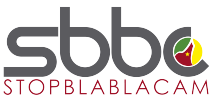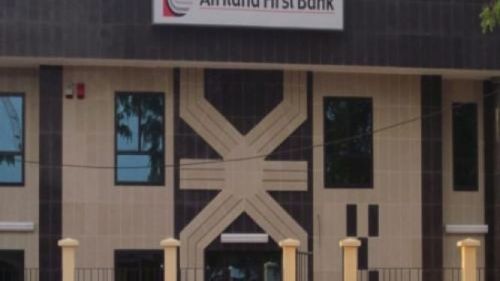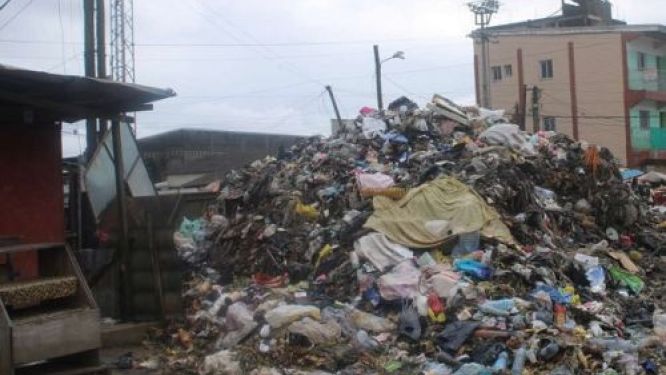On June 28, 2019, some Afriland First Bank customers received emails supposedly sent by the bank. This email invited the clients to download and fill a "security clearance form" to "protect themselves against possible malfunctions of the online platform" of this Cameroonian bank. Afriland indicates that it sent no such email. "This message is not from us (…) we therefore invite you not to disclose your bank details via channels other than ours," the bank wrote in a communique while inviting its clients to be more cautious.
Afriland also assures that its online banking services are fully functional and presents its contact information. The contacts are: 650669393 (a Whatsapp contact), 8050 (toll-free) and the following emails: Cette adresse e-mail est protégée contre les robots spammeurs. Vous devez activer le JavaScript pour la visualiser. and Cette adresse e-mail est protégée contre les robots spammeurs. Vous devez activer le JavaScript pour la visualiser..
Phishing
In fact, the clients received a phishing email. The purpose of this mail is to get sensitive data. According to Lesclesdelabanque.com, "it is an email that invites you, for security purposes most of the time, to log into a bank’s website, an online payment system or commercial website. The link sent to you instead leads you to a pirate site."
The hacking technic is well known by banks and, this is the reason they regularly invest in their security systems and in education to raise the public’s awareness about good security practices. Most of the banks have security alerts on their websites with live updates of fraudulent attempts. It is recommended to regularly check those pages.
Patricia Ngo Ngouem















